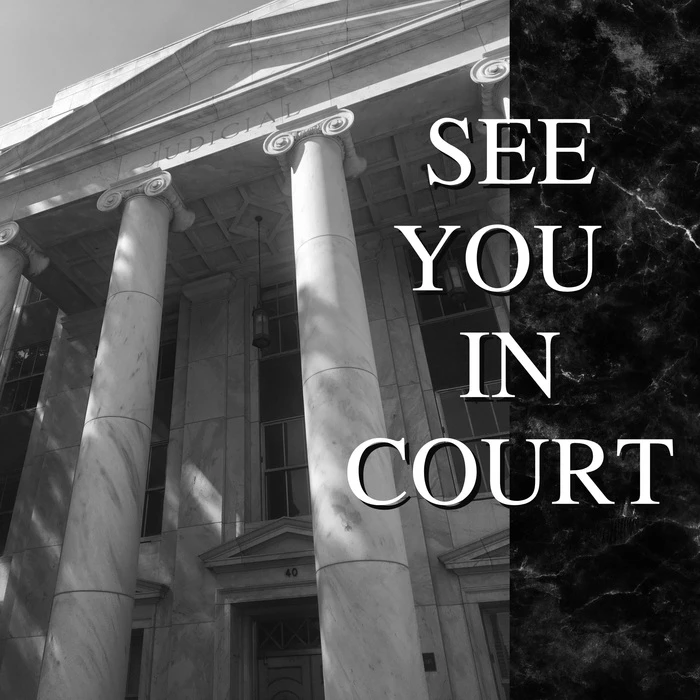Understanding the Georgia Misdemeanor Court System
Facing a misdemeanor charge in Georgia can be a daunting experience. Understanding the court process is important for anyone involved in the legal system, whether you’re the defendant or supporting someone who is. Let’s take a look at the Georgia misdemeanor court system, providing you with a clear roadmap of what to expect in the overall Georgia court system.
Initial Arrest and Booking
The journey through the misdemeanor court system often begins with an arrest. During this phase, the accused is taken into custody and processed at a local law enforcement facility. It’s important to remain calm and exercise your right to remain silent. Remember, anything you say can be used against you in court.
First Appearance in Court
Following the arrest, the next step is a first court appearance. This is a crucial moment where the judge formally presents the charges and informs the accused of their rights. It’s advisable to have legal representation present at this stage to ensure your rights are protected and to begin building a defense strategy.
The Bond Hearing
A bond hearing typically follows the first appearance. During this hearing, the judge determines whether the accused should be released from custody pending trial. Factors such as the nature of the offense, ties to the community, and flight risk are considered. Having a skilled attorney can significantly affect the outcome of this hearing.
Exploring Plea Options
In many cases, the prosecution may offer a plea deal. This is an opportunity to potentially resolve the case without going to trial. However, it’s crucial to carefully consider any plea offer with the guidance of an experienced attorney who can explain the long-term consequences and negotiate for the best possible terms.
Preparation and Discovery
If the case proceeds, both the defense and prosecution engage in the discovery process. This involves exchanging evidence and information relevant to the case. Your attorney will also file any necessary pretrial motions, such as requests to suppress certain evidence or dismiss the case entirely based on legal grounds.
The Trial Process
Should the case go to trial, it will be heard either by a judge alone or a jury, depending on the circumstances. During the trial, both sides present evidence, examine witnesses, and make arguments. A skilled defense attorney is crucial at this stage to effectively challenge the prosecution’s case and present a compelling defense.
Sentencing Considerations
If there’s a guilty verdict or plea, the case moves to sentencing. The judge considers various factors, including the nature of the offense, the defendant’s criminal history, and any mitigating circumstances. Your attorney can advocate for a fair sentence, potentially including alternative sentencing options or programs.
Exploring Appeals
If you’re dissatisfied with the outcome of your case, you may have grounds for an appeal. The appeals process allows a higher court to review the proceedings for legal errors that may have affected the outcome. It’s important to discuss this option with your attorney promptly, as there are strict deadlines for filing appeals.
Subscribe to the See You in Court Podcast to Learn More About the Georgia Court System
For a deeper understanding of the Georgia misdemeanor court process, subscribe to the See You in Court podcast. Gain insights into every stage, from arrest to appeal, and hear from legal experts about protecting your rights. Don’t navigate the Georgia court system without the right knowledge—stay informed and prepared by listening to our podcast.
Please note: The information provided on this website and within our blog posts is intended solely for educational and informational purposes as a public service by the Georgia Civil Justice Foundation.
Legal issues can be complex and individualized. If you are seeking legal advice, please contact a licensed attorney in your jurisdiction who can provide legal guidance that suits your particular situation.






